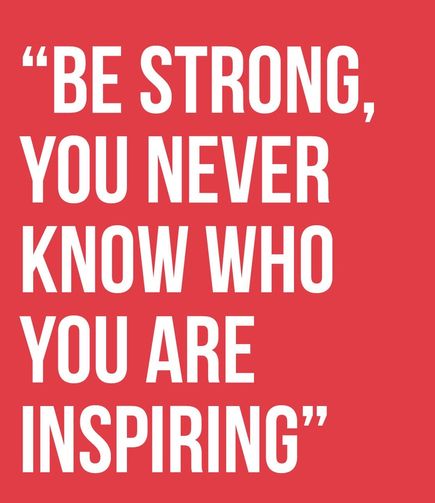Editor's Note - Sharon Rennhack: This is Part 2 of our 3-part special edition called "Aphasia: What's that?"
Part 2 is INSPIRE.

I read an article the other day that discussed
"How telling your story inspires others and you".
When I had my stroke and aphasia close to six years ago, I didn't know anything about aphasia. My neurologist and SLP at that time gave me no hope and basically said that I would not get any better.
Then, I found Bill Connors and aphasiatoolbox. I worked with Bill and his staff for 1 1/2 years to get my speech, my writing and my identity back.
I say "identity" because who I was as a person was wrapped up in the work that I did. One day I'm working as a writer and researcher, and then, I wasn't.
When I started working with Bill, he asked me to join his conversational cafe. By doing that, I realized that I wasn't alone in my recovery. I didn't say alot in those early sessions, but I watched and listened to the other people in the group; some people were able to say short sentences; some said much more, and some had one-word replies.
One of the people that I met early on in my recovery was Paul Berger and his wife Stephanie Mensh, from
Stroke Survivor.com. Paul Berger had an AVM close to 25 years ago. He had a long and hard road to his recovery, but - he worked on it every day and STILL works on his recovery every day! I didn't know how my recovery would turn out, but I knew that I wanted to work aggressively - just like Paul.
For our next edition - in honor of
National Aphasia Awareness Month, please tell us:
Who inspires you on your road to recovery?
We'll select the best 3 emails and include your story in our June 2016 edition - Part 3: EMPOWER. Send your emails/stories to information@aphasiatoolbox.com .